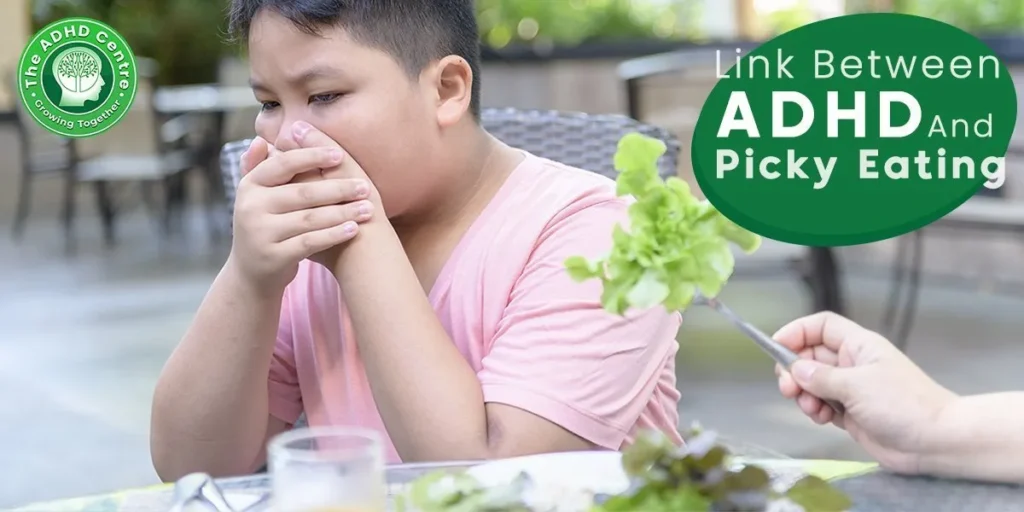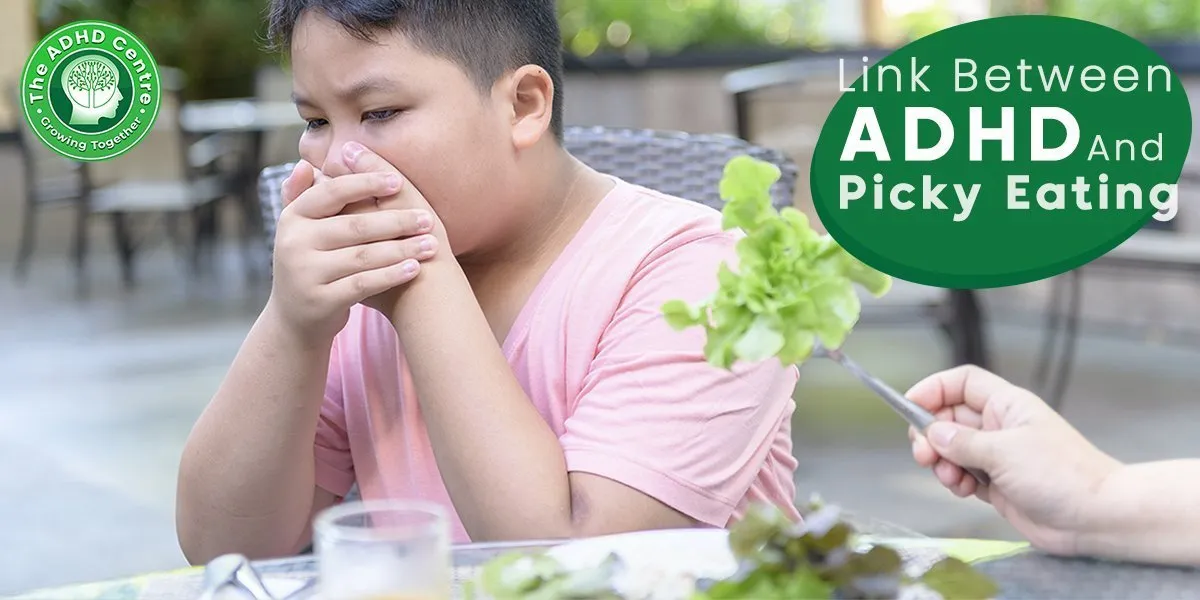|
Getting your Trinity Audio player ready...
|
Hello, Awesome readers! Today, we’re diving into a topic that’s close to our hearts and bellies: the intriguing relationship between ADHD and eating habits. Just like a puzzle, these pieces come together to form a unique picture. Join us as we explore the connections, share insights, and offer tips for fostering a healthy relationship with food while navigating the world of ADHD.

The Appetite for Knowledge: Understanding the Connection
Did you know that ADHD and eating habits can sometimes influence each other? It’s like a dance of ingredients, with both partners adding their flavors to the mix. Let’s break it down:
1. **Impulsivity and Food Choices:** Impulsivity, a trait often associated with ADHD, can affect food choices. Sometimes, that craving for instant gratification might lead to reaching for sugary or processed foods. It’s like opting for a quick snack instead of waiting for the gourmet meal to cook.
2. **Emotional Eating:** Just as a rollercoaster ride has its ups and downs, emotions can take us on a similar journey. ADHD individuals might turn to food for comfort or distraction, leading to emotional eating. It’s like having a buffet of feelings and using food as a coping strategy.
3. **Nutrient Needs:** Nutritional imbalances can impact brain function and exacerbate ADHD symptoms. Ensuring a balanced diet rich in nutrients like omega-3 fatty acids, vitamins, and minerals can contribute to managing ADHD.
Tips for a Wholesome Harmony:
1. **Mindful Munching:** Practice mindful eating by savoring each bite and paying attention to hunger and fullness cues. It’s like savoring a complex dish and appreciating each flavor note.
2. **Balanced Meals:** Opt for balanced meals that include a mix of whole grains, lean proteins, healthy fats, and colorful fruits and veggies. A rainbow of nutrients can provide the brain with the fuel it needs to function optimally.
3. **Snack Smart:** Choose wholesome snacks like nuts, seeds, yogurt, or veggies with hummus. These options can help maintain steady energy levels throughout the day.
4. **Hydration Hydration Hydration:** Just as a plant needs water to thrive, your body needs hydration to function. Sip on water throughout the day to stay refreshed and support cognitive function.
5. **Planned Choices:** While spontaneity is fun, planning meals and snacks can help curb impulsive eating tendencies. It’s like following a recipe to create a delicious dish.
6. **Emotions and Eating:** Recognize emotional triggers and seek alternative ways to manage feelings. Engage in activities like journaling, taking a walk, or talking to a friend when emotions bubble up.
7. **Consult with Experts:** If you’re struggling with ADHD symptoms or finding it challenging to maintain a healthy eating routine, consider seeking guidance from healthcare professionals or registered dietitians.
The Tapestry of Nourishment:
Remember, the connection between ADHD and eating is just one thread in the intricate tapestry of your life. By weaving together mindful choices, balanced meals, and a sprinkle of self-awareness, you’re crafting a masterpiece that nourishes both your mind and body. Embrace the journey, savor each bite, and discover the joy of nurturing your well-being one delicious decision at a time.




